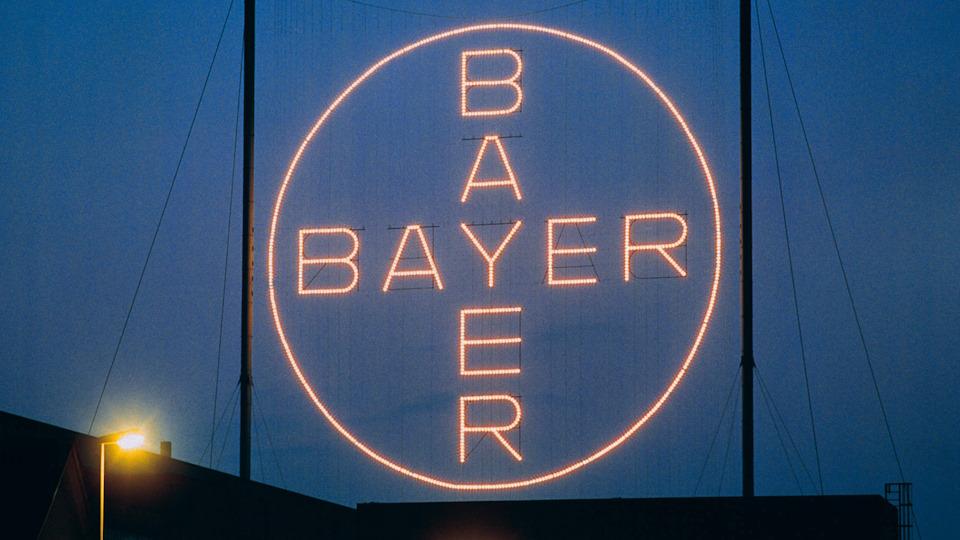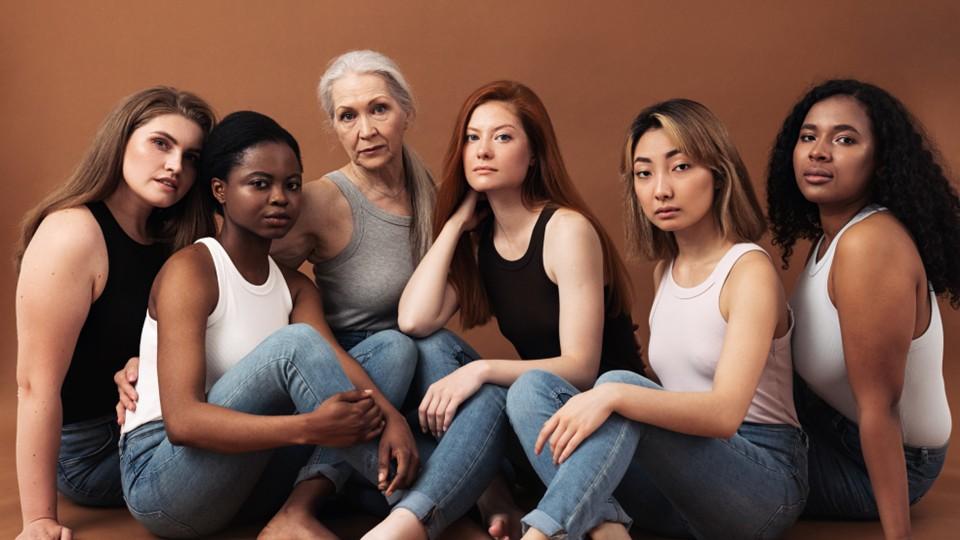Bayer files first application of menopause drug elinzanetant

Bayer has filed for approval in the US for elinzanetant as a non-hormonal treatment for menopausal symptoms such as hot flushes, with a rival therapy from Astellas in its sights.
The FDA submission is for the treatment of moderate to severe vasomotor symptoms (VMS) associated with menopause, based on three phase 3 studies showing that elinzanetant significantly reduced their frequency and severity over 12 weeks compared to placebo.
The oral neurokinin (NK) 1 and 3 antagonist – if approved – will represent the first direct competition to Astellas' NK 3 antagonist Veozah (fezolinetant) which was cleared by the FDA in May last year and is now available in 14 countries worldwide.
Both drugs are being positioned as alternatives to conventional hormone replacement therapy (HRT) for menopausal VMS, which can be highly effective but isn't recommended in some women, such as those who have an elevated risk of stroke, heart attack, or some forms of cancer.
Financial results posted today by Astellas showed sales of JPY 6.6 billion ($44 million) in the first three months of its current fiscal year, a more than tenfold increase on the same period of fiscal 2023, with the US contributing the lion's share of that total.
That is a welcome sign of growing momentum for Veozah, which made less than $50 million in the entire year to 31st March, and a relief for Astellas, which has stuck with its annual sales estimate of between $2.2 billion and $3.6 billion for the drug at peak.
Analysts have suggested that having a second NK-acting drug in the marketplace could raise awareness and help drive the uptake of both products, which are expected to appeal to women unwilling to go down the HRT route and seeking a non-hormonal alternative.
The potential market is massive, with around 27 million women in the US currently going through menopause, and the number worldwide is expected to reach 1.2 billion by 2030. VMS is reported by up to 80% of women at some point during menopause, and around a third report severe VMS, which can last 10 years or more after the last menstrual period.
"Despite the impact menopausal symptoms may have on women's health and quality of life, many go without treatment due to gaps in awareness, education, and limitations of treatment options available," said Christine Roth, head of global product strategy and commercialisation at Bayer.
HRT – which remains the main obstacle to growth for the NK antagonist drugs – is generally widely available (despite some recent supply chain issues) and cheap, and after falling out of favour 20 years ago due to safety concerns, has seen an increase in popularity in recent years.
That is in part due to other potential benefits – like improved mental and potentially cognitive health – as well as research suggesting the risk of side effects like breast cancer is lower than previously thought, particularly with newer formulations.
Bayer meanwhile recently started a fourth phase 3 trial of elinzanetant that will test the drug's ability to treat VMS associated with endocrine therapy of breast cancer.
GlobalData recently predicted Astellas' therapy will make $1.8 billion in 2030, thanks to its first-to-market advantage, with elinzanetant making $1 billion in the same year.












